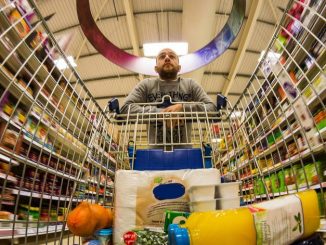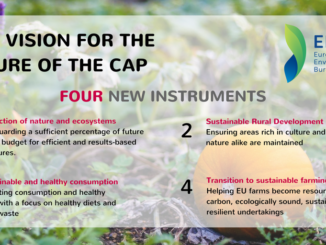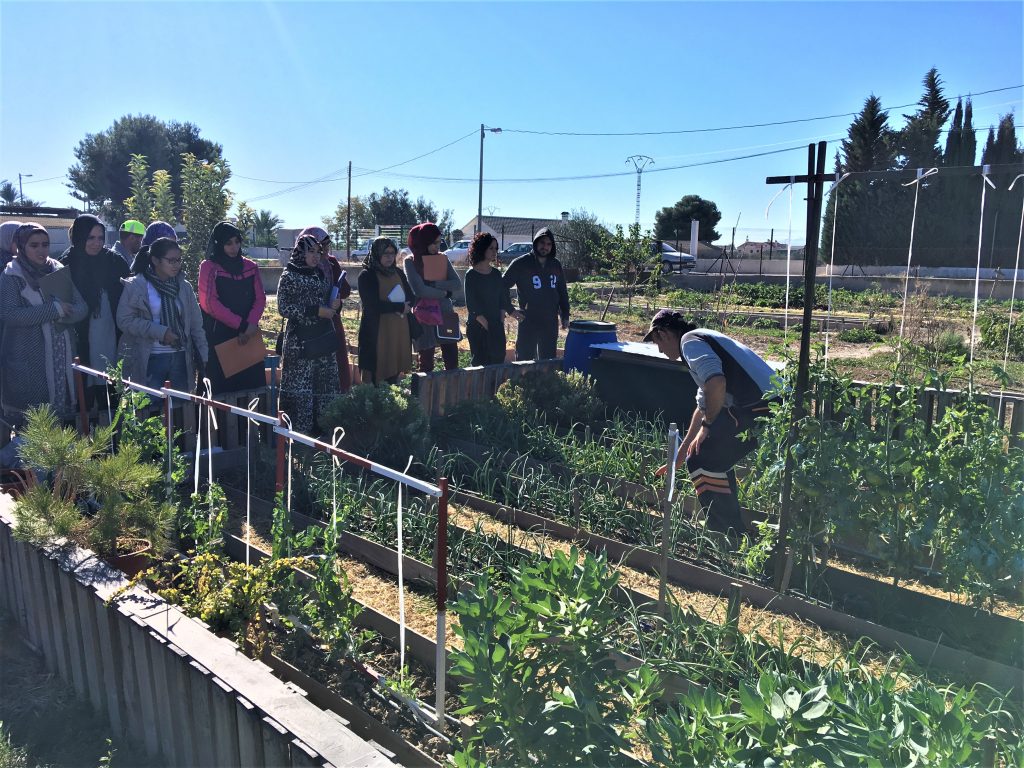
Many rural areas suffer depopulation, while there is a need for newcomers to a country to be accommodated and given purposeful activities. Some lessons from a thoughtful approach to better integration of immigrants in rural Spain, with lessons too for rural development more generally.
By Maria María Coto Sauras
Depopulation is one of the main challenges for Spanish rural areas. A large part of the rural territory has population densities of less than 10 inhabitants per km² , with just 5 inhabitants per km² in the most critical areas, the so-called ‘Spanish Lapland’.
Even if it is not a recent phenomenon, a particularly critical point has been reached in recent years. Depopulation is increasingly prominent in the political and social agenda, while numerous proposals, plans and studies launched.
The increase in immigration is considered to be one of the most significant challenge to have occurred in Spain in recent years. However, the extent of this immigration and its impact varies considerably from one area to another. In the case of inland rural areas, where great demographic change is taking place, the impact of foreign nationals is marked, due to the capacity of these spaces to retain these people in the medium and long term – one of the elements upon which demographic sustainability and revitalisation depends.
In these rural areas, the influx of foreign populations is primarily driven by specific and highly localised labour requirements or by the existence of reception programmes or initiatives linked to the fight against depopulation.
The promotion of the settlement of immigrant population in these sparsely populated areas is seen as a double opportunity: rejuvenation and revitalisation of these areas and development and improvement of the quality of life of the groups that settle there.
The experience of CEPAIM: Family Units and Job Opportunities
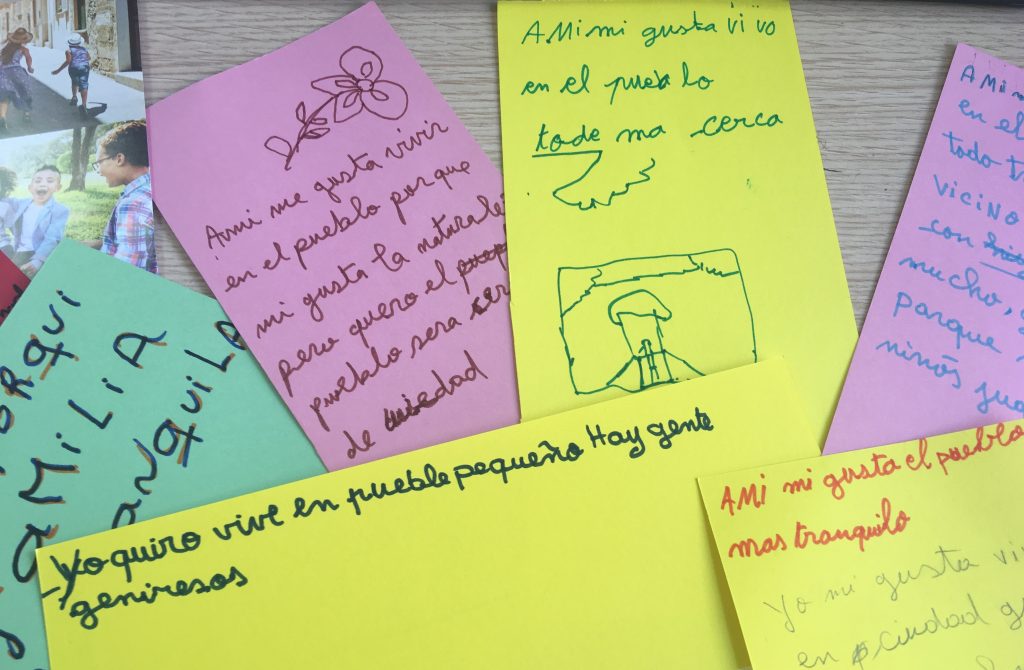
Among the range of initiatives to support the integration of immigrant populations into rural areas, it is worth highlighting the experience of the Nuevos Senderos (New Paths) programme of Cepaim Foundation.
Through this project, the foundation aims to provide a simultaneous response to the problem of depopulation experienced by different rural territories, as well as to the social and employment difficulties of many immigrants, who are also at risk of social exclusion in urban environments.
In view of this challenge, Cepaim promotes the geographical mobility of immigrant individuals and families from urban areas to rural areas in which they can play a role in revitalisation and development.
Cepaim’s action is aimed at the immigrant population through ‘family unit integration itineraries’. It works with the family nucleus on the understanding that the social inclusion of the whole family strengthens and consolidates the inclusion of each of its members.
At the same time, the foundation is recruiting and selecting municipalities with less than 10,000 inhabitants that have the capacity to offer real employment opportunities in either the public or private sector for one or more members of the family unit.
After its long trajectory (Nuevos Senderos it is the continuation of Senderos, a Project that has been launched in 2002), CEPAIM team can highlight some key factors.
– The involvement of mayors in the process of integrating a family into a municipality, sharing information in both directions to understand the impressions and evaluations of each party involved, is considered fundamental.
– The work that is carried out with families in the centres of ‘origin’, both in preparation for change and in selection, is also essential. Respecting the timetables of each family and supporting the evaluation and analysis of the pros and cons is essential to avoid hasty decisions and to maintain motivation. These actions favour both the family’s social and employment integration into rural areas and their capacity to take risks.
It is essential to highlight the need for follow-up and accompaniment of families in this process of change, in order to detect any difficulties they may encounter in their new home and to support them as far as possible in resolving them.
Successful integration: some conclusions
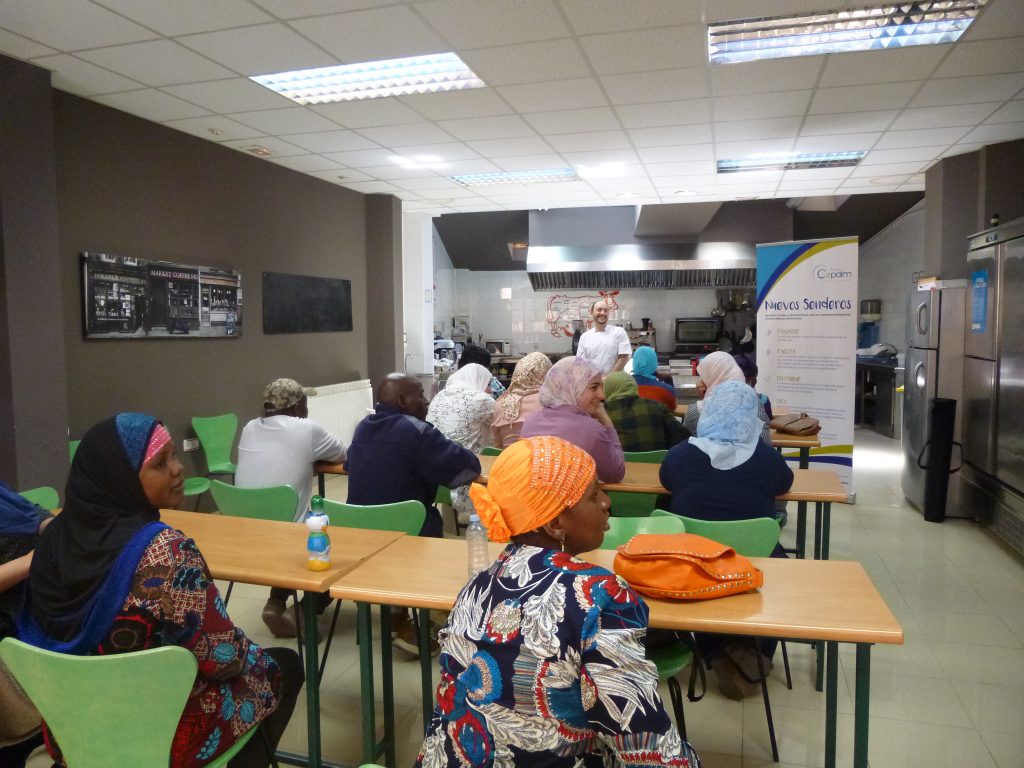
The success of an intervention with these characteristics requires a long and studied process. The prior selection of people who are going to participate in the resettlement, as well as the host territories, takes on particular importance. In this sense, one of the key factors is the motivation of participants.
- In the case of immigrants, moving to a specific rural environment is done through a planned and meditated process, which allows advance knowledge of the particularities of the rural society and provides specific motivation for style of life there.
- In the case of the municipalities, openness and their ability to offer the person who integrates the necessary resources, together with the degree of awareness of the population regarding the need to be welcoming of new settlers and accepting of the differences is important.
In any case, these aspects can be reinforced through bidirectional efforts in which the focus is not only on the integrating immigrants but also on the host population.
The in-depth knowledge of the municipalities (resources, possibilities, etc.) on the part of the development agents taking part in these interventions is vital. It will engender the trust of the indigenous population concerning the people who are integrating, while effectively balancing the needs of the people who wish to settle and those of the municipality, guaranteeing a higher degree of success.
It is also important to stress the need to work hand-in-hand with local authorities and to influence, through training and awareness-raising, the openness and support of various key players (local police, teachers, local development agents, etc.) who can act as mediators in the integration process.
These are long processes in which it is essential that the immigrant knows the environment to be settled in. Likewise, experiences such as Cepaim’s, emphasise the need for all the members of the family unit to follow a training programme covering a range of issues.
Invest in Rural Regions for Everyone’s Benefit
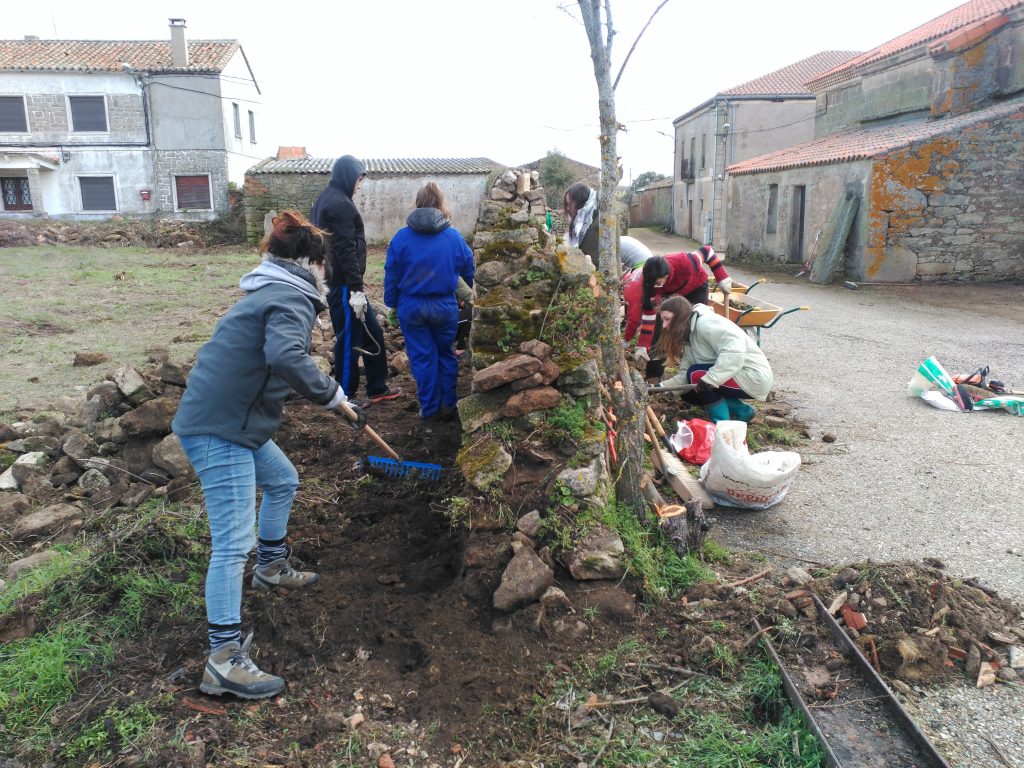
The integration of immigrant population in rural areas must be conceived as one option in the search for solutions to deal with the phenomenon of rural depopulation – but it is not the only solution. Such interventions must be carried out within a framework of integral planning aimed at tackling the different problems – services, employment possibilities, communications and so on – confronting these areas and that are broadly part of the cause of the depopulation process. Others relate to a range of cultural factors that may make the advantages of cities outweigh their disadvantages.
Apart from encouraging the arrival of new settlers, it is also important to create the conditions for the indigenous population to want to stay, and even for encourage some of those who left to return.
The fact that the installation of migrant population is understood as one piece of a broader and more comprehensive strategy necessarily implies networking and coordination with multiple agencies and institutions active in the same territory or with the same population.
More more see the longer report published by AEIDL, the European Association for Information on Local Development, written by María Coto Sauras.
Original article in Spanish
Articles by Cepaim (ES)
http://cepaim.org/teruel-destino-de-una-familia-participante-en-el-proyecto-nuevossenderos/
http://cepaim.org/nuestro-proyecto-nuevos-senderos-continua-su-trabajo-en-soria/
http://cepaim.org/otra-familia-encuentra-un-nuevo-sendero-en-el-medio-rural-de-soria/
María Coto Sauras
María Coto Sauras works for the Red2Red consultancy, Spain. Red2Red work on public policy, sustainability and rural affairs. Maria is an agricultural engineer (Universidad Politécnica de Madrid), with a background in rural development and sociology. Maria has been involved in programming, monitoring and evaluation of numerous Rural Development Programmes financed by the European Agricultural Fund for Rural Development (EAFRD). At the local level, she has taken part in various evaluations associated with LEADER and has supported the drawing up of local development strategies by Local Action Groups. She collaborates on a range of analyses and tasks and has integrated, as a national expert, the team of the European Commission’s European Evaluation Helpdesk for Rural Development. Currently, she directs the department of rural development at Red2red, where she coordinates, technical assistance to the Spanish National Rural Network, technical assistance to the Rural Development Programme of the Region of Murcia and the evaluation of the Rural Development Programme of Castile and León
[1] Article based on the Final Degree in Sociology, “Inmigración en zonas rurales en proceso de despoblación: factores de éxito y dificultades en el proceso de integración”, author: María Coto Sauras; professor: Carmen. Lozano-Cabedo. Universidad Nacional de Educación a Distancia (UNED). The author would like to thank the Cepaim Foundation team for their information and collaboration, especially Sali Guntín Ubiergo and María García Tarancón.



